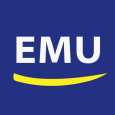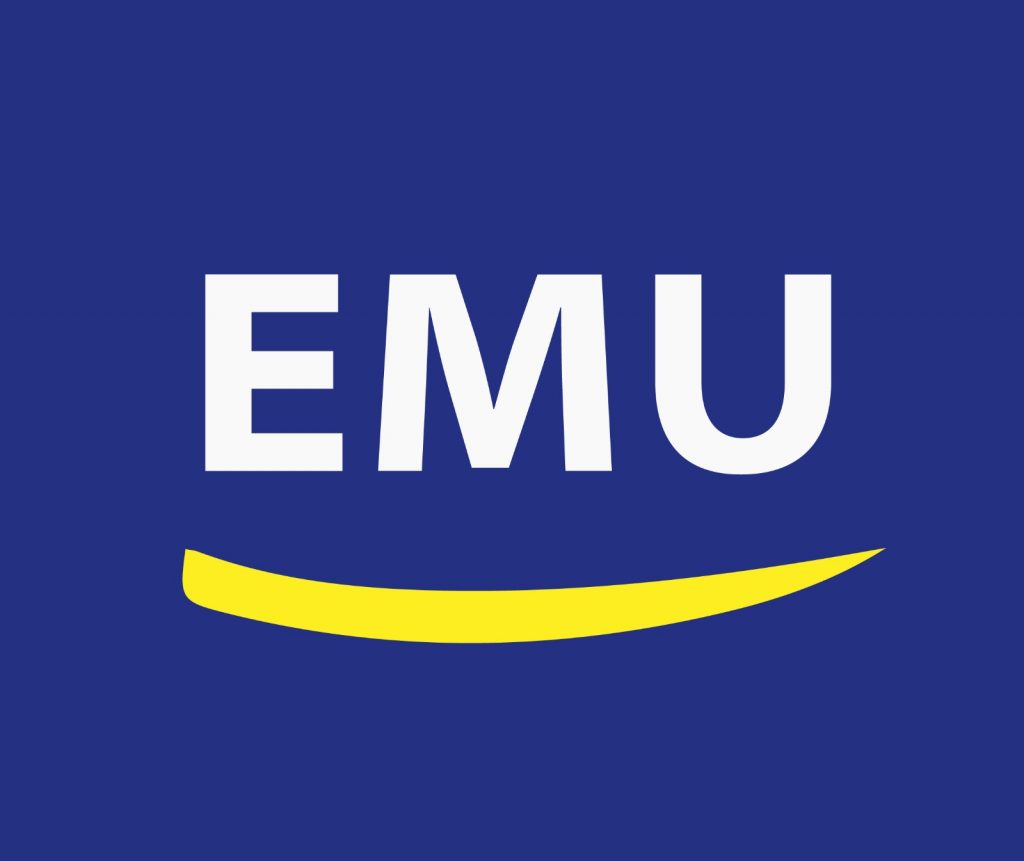Event: European Muslims are reflecting the challenges by the refugee influx for Europe and Turkey

COLOGNE/STRASBOURG (EMU) – On Monday, 16 May 2016, IZ-Akademie (educational initiative of IZ Media ltd., a member of the European Muslim Union) organised an international hearing on the refugee crisis in Cologne. One key aspect was a focus on its impact on Europe’s and Turkey’s societies. Another one, the specific responsibilities and challenges for Muslim communities in Europe.
The first speaker was Bünyamin Keskin. The representative of Turkey’s SETA foundation, a political and social thinktank in Ankara, presented the Turkish endeavours of dealing with the current refugee crisis. Currently, 2.8 million refugees are living in Turkey. Only 180,000 of them have to stay in camps. After registration, the refugees are immediately allowed to work. Several Syrians opened already their own businesses. As an example, Keskin described the case of a Syrian man who opened a chain of restaurants.
The Turkish government expects the refugees to stay in her country for a long time; even should the conflict to be concluded some day itself. Keskin described specifically the town of Kilis, close to the Syrian border. Before the war, it had roughly 80,000 inhabitants. Now, nearly 120,000 Syrian refugees are living in the formerly small town.
Also, he spoke about the recriminations that Turkey is supposedly supporting ISIS/Daesh directly or indirectly. So far, the government prevented the border crossing of 33,000 potential fighters. They wanted to cross into Syria in order to join one of the terrorist organisations in Syria. Further 9,000 people, who have been arrested and were deported, were on their way to the border region.
Keskin underscored that not only ISIS/Daesh has to be considered as a terrorist organisation but also the PKK proxy PYD/YPG. This group is fighting in the north of Syria. “The European Union and the USA should notice of this fact.”
Nuri Köseli, representative of the humanitarian organisation Islamic Relief Germany, presented the emergency relief of his organisation. From the donation of cloths to cooperative actions of mosque communities and Christian charities – there was a swift reaction to the sudden rise of refugee numbers in Germany. Now, it is the task of the Muslim community to build up more welfare structures. This is necessary to guarantee a professional work beyond emergency relief. Here, there is a big need for a lot of new infrastructure.
EMU president Abu Bakr Rieger pointed out that the role of mosques has to be revised. They were never only sacral spaces but always active centres of social activities and caring. In the environment of citizens, neighbours and refugees, these communities could – if they are given some architectural space – play an important role.
In the Islamic civilisations, the local concept of foundations (arab. Awqaf) was not an expression of a “parallel society” but rather a sign for the selfless engagement for others.
Rieger pointed to another dimension of the Islamic core ethos: they are not only socially skilled, they are also generous. It would be worth pondering, so Rieger, to distribute besides charity and donations also the Zakat to refugees or Muslim organisations caring for them. For a long time, one heard from Muslim organisations the zakat would be rather applicable to the poor in other parts of the world. This simplistic argument, one has to think only about the social situation in German refugee accommodations, would not be valid anymore.
Also, the EMU president lauded the German chancellor Angela Merkel for her critical political decisions in the past year concerning the refugee crisis. Furthermore, given the anti-Islamic rhetoric of the right-wing populist party AfD in Germany and her claim that Islam is not part Germany, one has to ask if Goethe – Germany’s national author and thinker – would still be part of Germany. This is a poignant remark since Goethe was known for his profound thinking about Islam.



